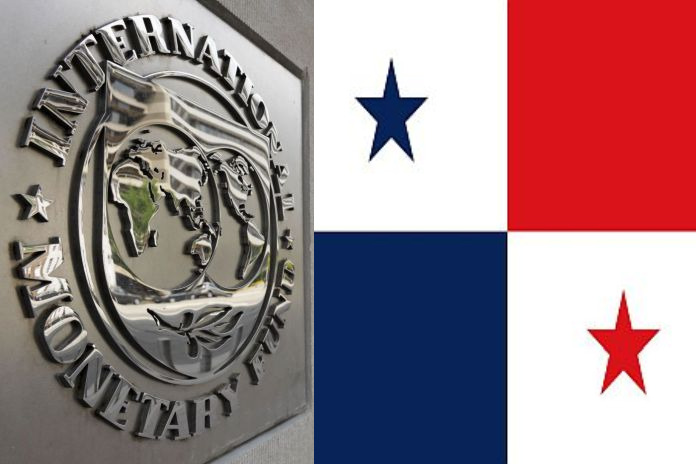USA / PANAMA – The executive board of the International Monetary Fund (IMF) concluded the Financial Sector Assessment Program (FSAP) with Panama on December 1, 2023, without convening a formal discussion.
The Financial System Stability Assessment (FSSA) report was completed on November 9, 2023. The report is based on the work of joint IMF/World Bank FSAP missions to Panama in January–February and May–June 2023.
The main risks of macro-financial stress in Panama stem from potential external shocks, including a resurgence in global macroeconomic uncertainty from regional conflicts, further rising interest rates in the United States, and higher crude oil prices. The banking sector, which dominates Panama’s financial system, appears to be well-capitalized, liquid, and generally resilient against these risks according to a stress test that simulated a hypothetical, severe downturn scenario. Some pockets of weakness were revealed. Banks appear solid in terms of liquidity coverage, and the system relies strongly on foreign correspondent bank support.
The FSAP found the oversight of the banking sector to be generally sound, contributing to Panama’s status as a relatively stable financial center in the region. However, material weaknesses in some areas of banking sector oversight and the framework for crisis management and financial safety nets need to be addressed. Financial sector policies have been strengthened in recent years, but further reforms are needed to safeguard the autonomy of the superintendency of banks and ensure that its objectives focus on financial stability.
Furthermore, the authorities should strengthen the capital buffer framework for internationally active banks, in alignment with the Basel III capital standards, including by introducing the capital conservation buffer and capital surcharges for domestic systemically important banks.
The macroprudential framework should be strengthened in line with recent IMF capacity development, including by improving bank stress testing, developing a real estate price index, and establishing additional borrower-based macroprudential policy toolkits. Financial safety net and resolution and crisis management frameworks should be improved by creating a deposit insurance system, establishing an official lender of last resort facility and emergency liquidity assistance, and adopting revised legislation on bank resolution.
Maintaining progress on anti-money laundering and countering the financing of terrorism (AML/CFT) reforms is a key priority. Panama’s recent removal from the Financial Action Task Force’s grey list is welcome. However, failure to consolidate recent progress on the AML/CFT framework risks undermining international confidence in Panama’s financial sector. In this context, Panama should take steps to address risks emerging from virtual assets, improve the collection of and access to beneficial ownership information, and implement specific measures of control to prevent the misuse of nominee shareholders and directors.
IMF Communications Department





